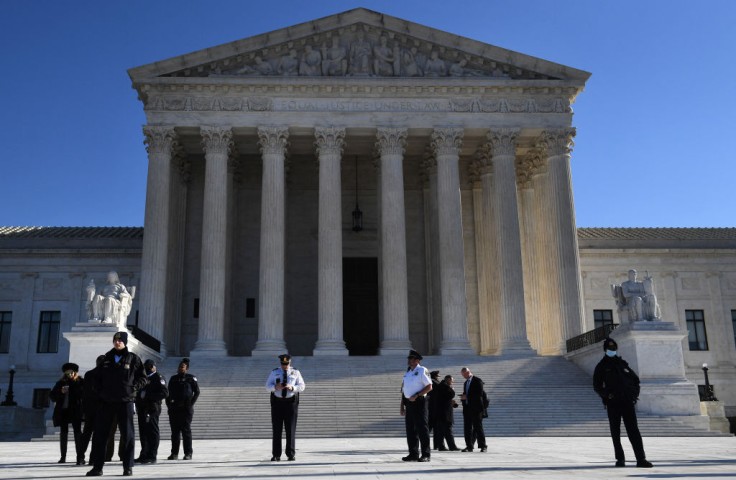
A federal judge halts Mississippi's online age verification law for implementation. A temporary order against a controversial Mississippi law that would have mandated age verification for users of websites and digital platforms has been blocked.
The decision was made on the day the Mississippi law for online age verification was supposed to start working. NetChoice, a tech industry group including Google, Snap Inc., and Meta, led this legal challenge.
Judge Halts Online Age Verification Law Into Effect
Mississippi lawmakers proposed the age verification law to protect children from sexually explicit content. Governor Tate Reeves, a Republican, approved the bill, which was supported by the GOP-run House and Senate with no objections.
Lawmakers argued that age verification for digital services is necessary to protect minors according to the law. Nevertheless, NetChoice argued that the legislation would unlawfully limit the ability to access online content for minors and adults.
The legal action, submitted on June 7, argued that the age verification rules could lead users to reveal personal details or ID, risking privacy and restricting free expression.
Chris Marchese, who is the director of the NetChoice Litigation Center, claimed that the law ought to be permanently invalidated.
Marchese stated that requiring age and identity verification for digital services will harm privacy and suppress the open exchange of thoughts. He stressed that residents of Mississippi have the right to access legal information online without government interference, protected by the First Amendment.
Court's Considerations and Ruling
U.S. District Judge Sul Ozerden, in his ruling, recognized the legislature's intent to address serious issues but highlighted that laws impacting speech must undergo strict scrutiny, regardless of the government's motives. He observed that the law not only seeks to shield children from harmful material but also goes as far as restricting free speech by regulating non-expressive behavior.
Judge Ozerden acknowledged the gravity of the matter the legislature tried to tackle and the good intentions behind the law's enactment. Nevertheless, he emphasized that any legislation addressing speech will be closely examined.
Mississippi Attorney General Lynn Fitch, while supporting the law, stated that confirming age could assist in reducing negative effects like sex trafficking, child pornography, and other types of mistreatment and harm against minors.
Fitch maintained that the law regulates non-expressive conduct rather than limiting speech, a point Judge Ozerden found unpersuasive.
Blocked Free Speech
NetChoice's legal victory in Mississippi is part of a broader battle against similar laws in other states. The tech industry group has successfully blocked age verification laws in Arkansas, California, and Ohio. These regulations are frequently met with resistance because of worries about privacy and the risk of censorship.
Utah encountered legal struggles due to its strict social media regulations designed to safeguard minors in a comparable situation. In response to these difficulties, lawmakers in Utah updated legislation by eliminating the need for parental approval because of worries about jeopardizing internet safety.
The situation in Mississippi highlights the constant struggle between safeguarding children from harmful online material and respecting the values of free speech and privacy.
As more states contemplate comparable laws, the results of these legal disputes are likely to impact future decision-making in the digital era.